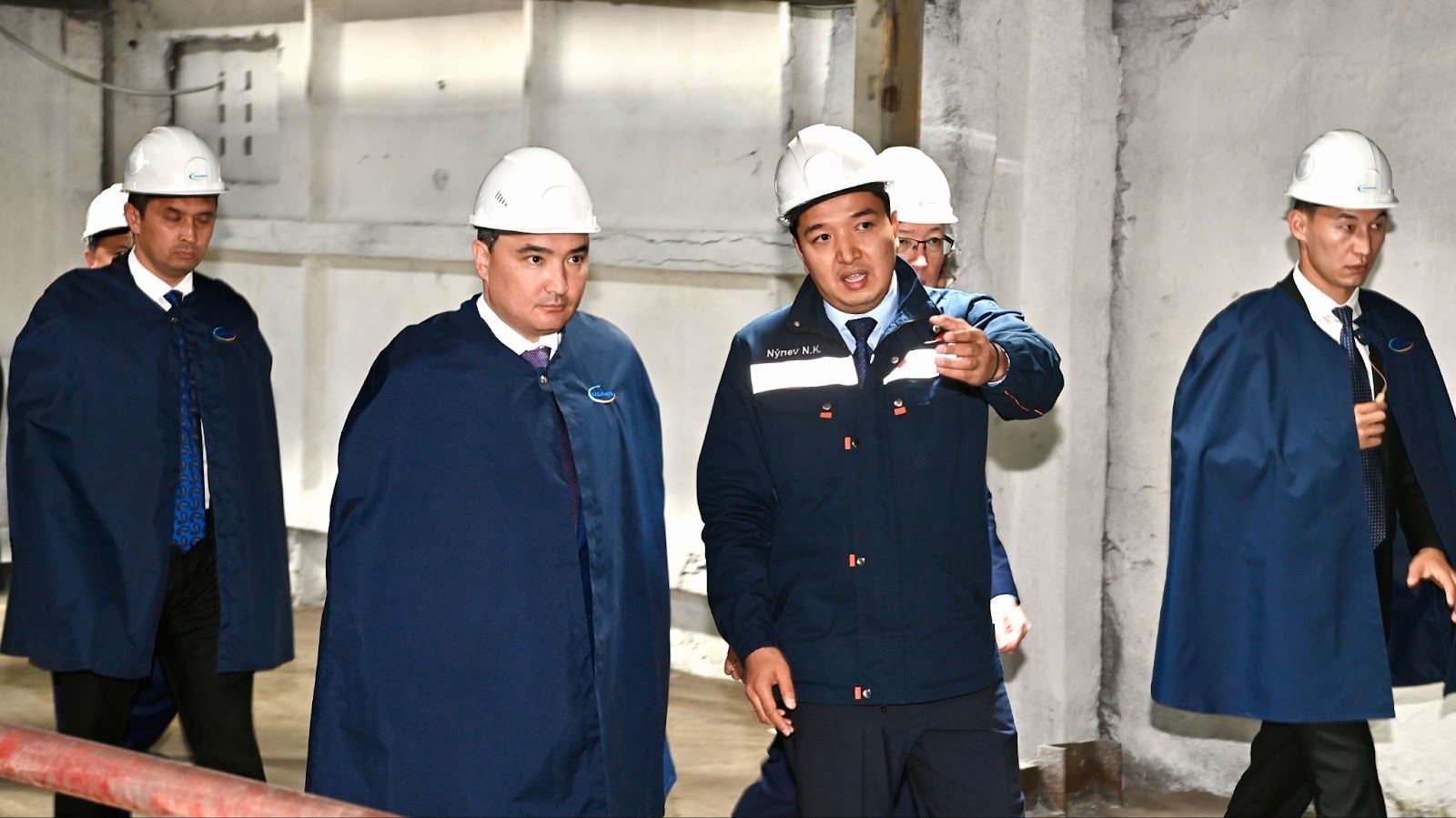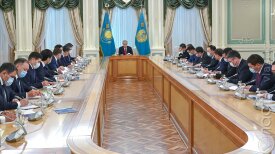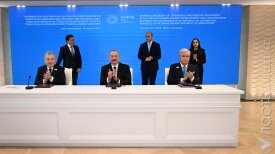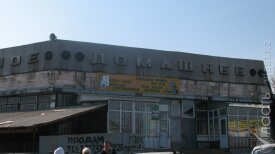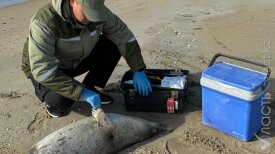Kazakhstan’s President Kassym-Jomart Tokayev flew to Dushanbe on August 22 and met with Tajikistan’s Emomali Rahmon. They set a goal to increase trade turnover to $2 billion (in both 2022 and 2023 it was around $1.3 billion). The presidents signed an agreement on “united relations.”
Kazakhstan summoned the Belarusian ambassador on August 21 after Aleksandr Lukashenko called on post-Soviet countries to “stick together.” The president of Belarus appeared on August 19 at Russia’s main TV channel and said that Belarus and Russia are “in the same boat.” Lukashenko also noted that when “something happened in Kazakhstan,” they did not ask other neighbors, such as China, India, or Pakistan. “No, they asked Putin for help, and we sent our forces there in just half a day,” Lukashenko said, referencing Tokayev’s January 2022 request for military peacekeepers from the Collective Security Treaty Organization. At the time, Tokayev called Russia’s President Vladimir Putin, saying the country was being attacked by 20,000 terrorists.
Prime Minister Olzhas Bektenov said on August 20 that some regions are behind in the preparations for the heating season. Bektenov’s doubts on the country’s readiness for the cold months are paired with fears that the price for household coal could become higher in the next months, potentially leading to supply disruption.
A new rule on unexplained wealth was put to use for the first time by the Committee on Asset Return, a press release said on August 23. The Committee said that, during its investigations on illegally-withdrawn assets, it found assets worth around $10 million, the origin of which could not be traced. The Committee did not name the defendants that were involved in the court case.
The 20th and last public discussion about the possible construction of a nuclear power plant was held in Astana on August 20. The following day, the state-owned Kazakhstan Institute for Strategic Studies said that, according to their telephone survey, 53% of the population agrees with the proposal, which is up for referendum in the coming months. Importantly, no independent survey has been carried out since last fall and the public discussions have been marred by controversy.
Kazakhstan presented on August 22 a compensation plan to make up for oil overproduction to the Organization of Petroleum Exporting Countries (OPEC). In the first seven months of 2024, Kazakhstan overshot its previously agreed production quota by 699,000 barrels/day. The government will compensate by sensibly reducing output below its quota. Around 38% of the overall compensation is poised to happen in the month of October. Kazakhstan is a member of OPEC+, an enlarged group of oil producers, which sets quotas in an effort to keep oil prices from falling.
A special commission said on August 23 that YDD Corporation is at fault for the industrial accident that killed four workers last July. Former parliamentarian Yerlan Nigmatullin is one of the ultimate beneficiaries of the company that owns the plant in Karaganda.
The government laid out on August 19 new rules on the accreditation of foreign journalists. The decree, within the framework of the new law on Mass Media, also allows the government to revoke accreditation based solely on a decision by the ministry of foreign affairs.
Vitol, one of the world's largest commodity traders, is under investigation in the Netherlands for its activities in Kazakhstan, the Dutch Public Prosecution Service confirmed on August 23. This confirms what Dutch investigative news outlet Follow The Money had reported the day before. Since 2015, Vitol won two tenders to provide loans for a total of $5.2 billion to Kazmunaigas, the national oil company.
Поддержите журналистику, которой доверяют.
